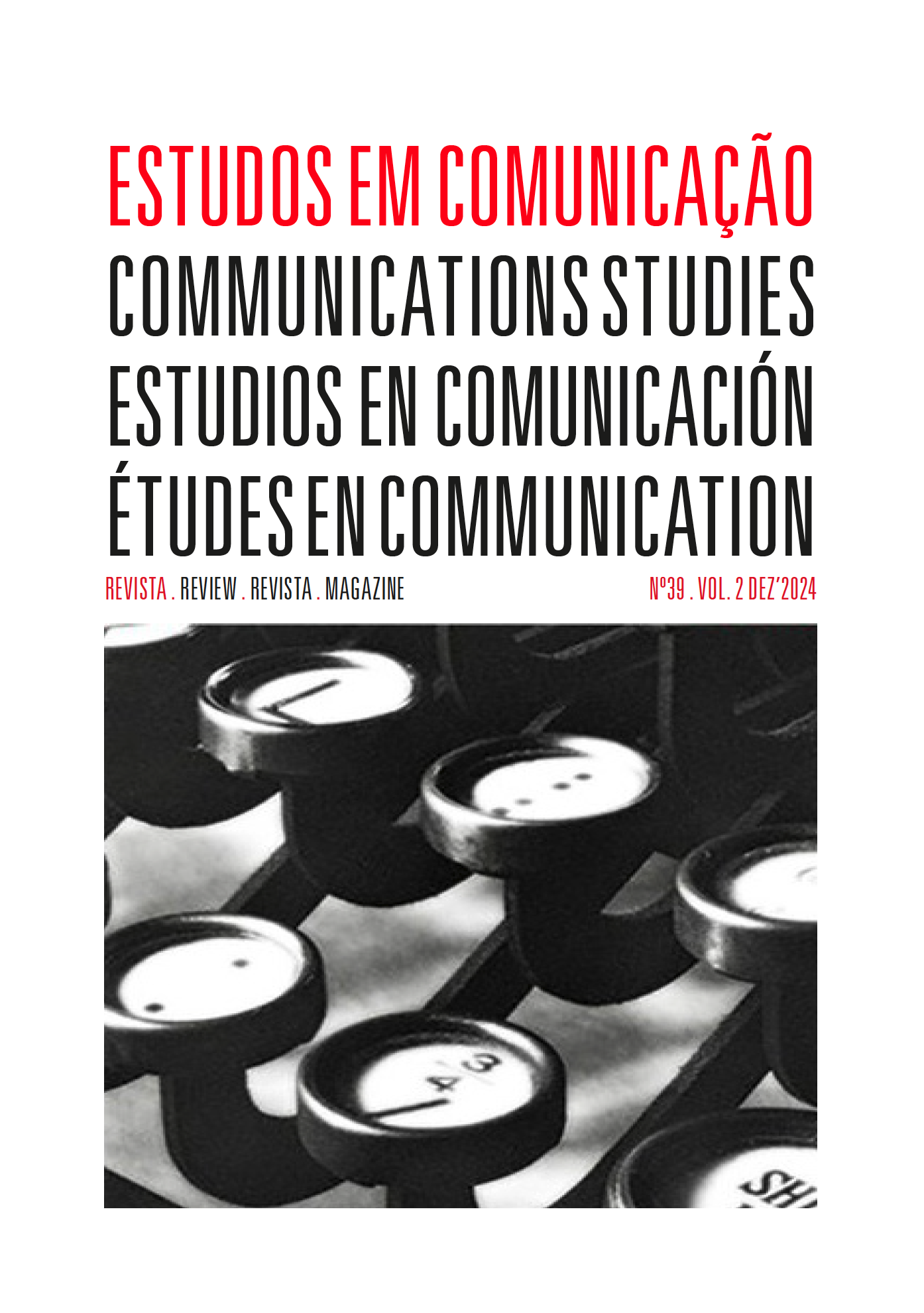Estudo do Discurso de Ódio Online em Comunidades de Jogos:
Perspetivas de Grupos de Foco com Jogadores Jovens
Resumo
O presente artigo faz parte de um estudo, em desenvolvimento, sobre discurso de ódio nas comunidades de vídeo jogos online. Através das perspectivas de jovens jogadores e utilizando grupos de foco como metodologia qualitativa, foi possível obter conhecimento acerca das suas experiências relativamente a mensagens ofensivas, ambientes tóxicos online e normas de conduta em jogos. A análise dos depoimentos de 19 estudantes revelou informações tais como a sua concepção de discurso de ódio, as formas como são afetados por esse tipo de discurso e quais as possíveis respostas que imaginam para este fenómeno. Os resultados revelaram uma certa aceitação de ambientes tóxicos no contexto de jogos online, frequentemente devido à dessensibilização. As narrativas destes jovens jogadores apontaram para características como poder, prazer, conformidade e aumento de estatuto como motivações para comportamentos disruptivos online. Este estudo visa contribuir para uma compreensão mais ampla das percepções, comportamentos e motivações nas comunidades de jogos online, enfatizando a necessidade de uma abordagem colaborativa envolvendo jogadores, criadores e plataformas de jogos para promover um ambiente mais respeitoso e inclusivo.
Downloads
Publicado
Edição
Secção
Licença

Este trabalho encontra-se publicado com aLicença Internacional Creative Commons Atribuição-NãoComercial-SemDerivações 3.0.
Estudos em Comunicação / Estudos de Comunicação é um jornal de Acesso Livre. Todos os seus conteúdos estão disponíveis gratuitamente, sem custo para o utilizador ou para a sua instituição. O utilizador pode ler, baixar, copiar, distribuir, imprimir, pesquisar ou vincular aos textos completos dos artigos nesta revista sem autorização prévia do editor ou do autor. Estudos de Comunicação, por LabCom.IFP, está licenciado sob uma Licença Creative Commons Atribuição-Não Comercial-NoDerivs 3.0 Unported. Ao enviar seu trabalho para estudos de comunicação / estudos de comunicação, você confirma ser o autor e que possui os direitos autorais, que o conteúdo é original e anteriormente inédito e que concorda com os termos de licenciamento.

